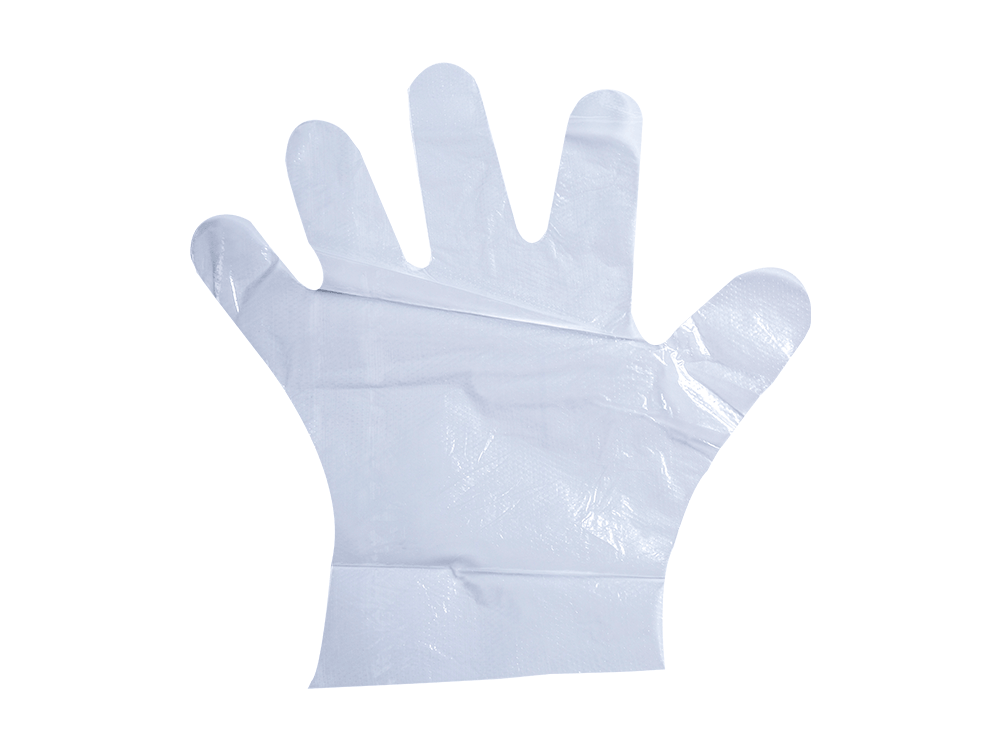Environmental considerations play a crucial role in both the manufacturing and disposal processes of casting film rolls. Various key factors are meticulously addressed to minimize the environmental impact across the entire life cycle of casting film rolls:
Raw Material Selection:
Sustainable Sourcing: Manufacturers conscientiously assess the environmental impact of raw materials used in casting film production. This includes scrutinizing the sustainability of polymer resins and additives, as well as sourcing recycled or bio-based materials to diminish reliance on virgin resources.
Energy Efficiency:
Optimized Manufacturing: Manufacturing processes for casting film rolls are systematically optimized for energy efficiency to reduce overall energy consumption and greenhouse gas emissions. This involves the implementation of energy-efficient equipment, streamlined production workflows, and the utilization of renewable energy sources wherever feasible.
Waste Reduction and Recycling:
Minimal Waste Generation: Manufacturers are dedicated to minimizing waste generation during the production of casting film rolls. This commitment includes the implementation of recycling programs for scrap materials, the reuse of production waste within the manufacturing process, and the exploration of closed-loop recycling initiatives to minimize waste sent to landfills.
Eco-Friendly Additives and Coatings:
Sustainable Enhancements: Environmentally friendly additives and coatings are employed to enhance the performance of casting film rolls while minimizing potential environmental impacts. This may involve the use of water-based coatings, bio-based additives, or additives designed to have minimal ecological repercussions.
End-of-Life Considerations:
Recyclability Focus: Manufacturers thoughtfully consider the end-of-life implications of casting film rolls, exploring options such as recycling, composting, or responsible disposal. Designing film rolls for recyclability and actively promoting recycling initiatives contribute significantly to reducing the environmental impact of discarded film rolls.
Compliance with Environmental Regulations:
Regulatory Adherence: Manufacturers rigorously adhere to environmental regulations and standards related to air and water emissions, waste management, and product safety. Compliance with these regulations ensures that manufacturing processes and products meet established environmental requirements.
Life Cycle Assessment:
Holistic Analysis: Life cycle assessments are systematically conducted to evaluate the environmental impact of casting film rolls from raw material extraction to end-of-life disposal. This comprehensive analysis serves as a valuable tool to identify opportunities for environmental improvement and informs decision-making across the entire product life cycle.
By actively addressing these environmental considerations, manufacturers contribute to the production of casting film rolls with a significantly reduced environmental impact, thereby promoting sustainability in the manufacturing and disposal of these materials.


 english
english 中文简体
中文简体

















